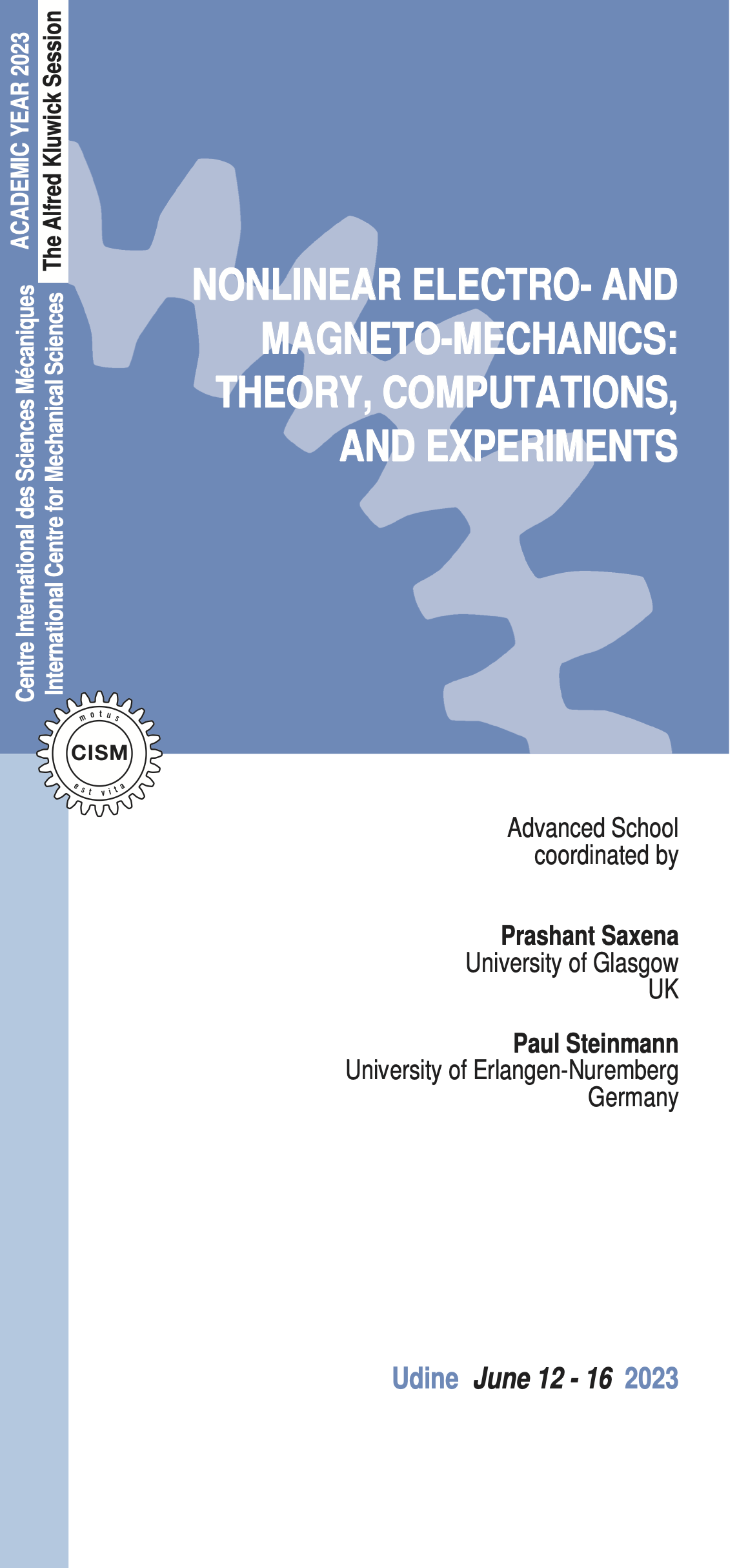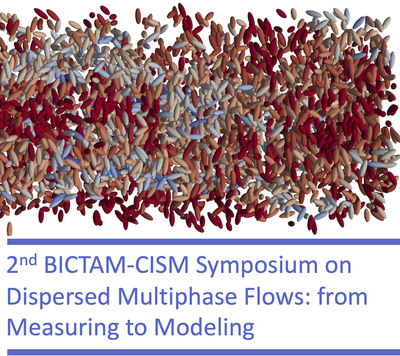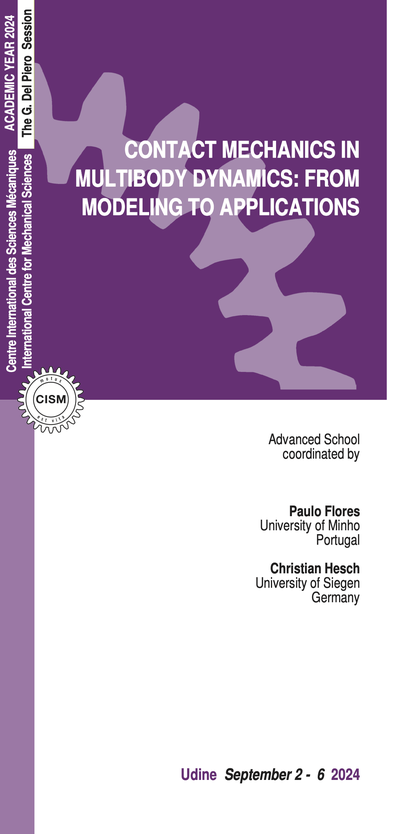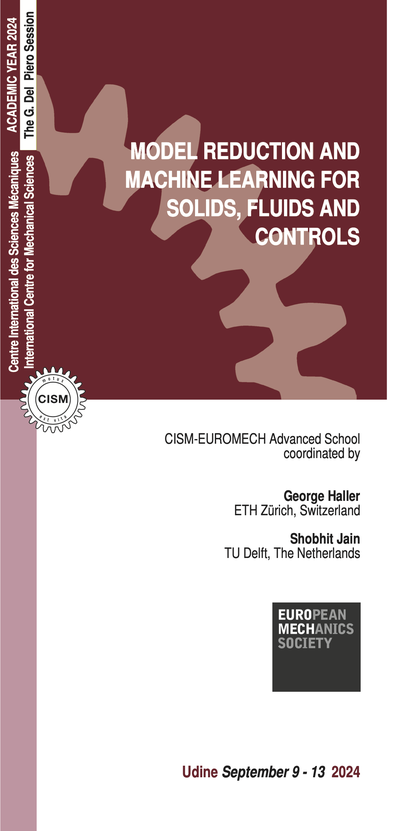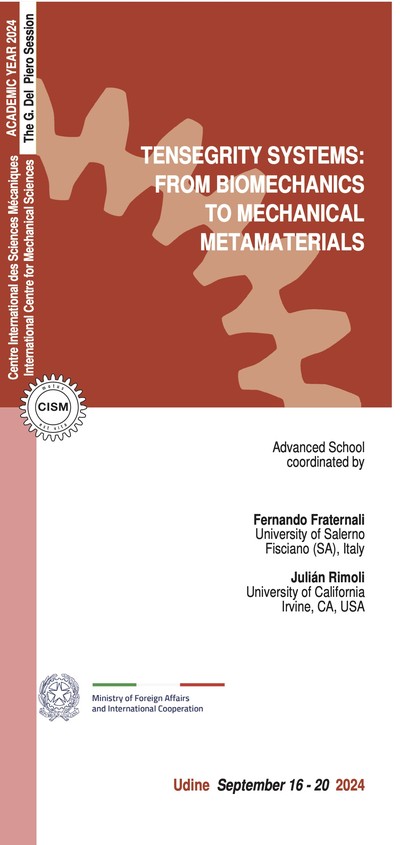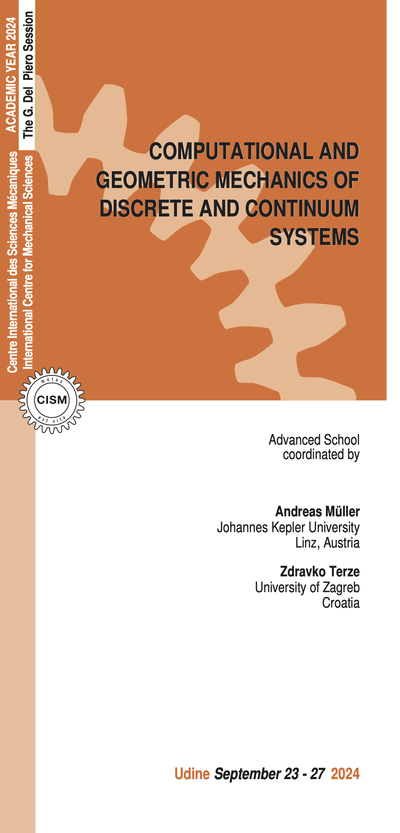Recent decades have seen an exponential increase in the interest in highly deformable smart materials that use multi-field interactions for actuation. Magneto-rheological elastomers (MREs) are smart materials in which the mechanical and the magnetic properties are strongly coupled with each other. Externally applied magnetic fields lead to effects such as reversible magnetostriction and tuneable material stiffness. Dielectric elastomers or Electroactive polymers (EAPs) typically consist of a soft polymer sandwiched between two compliant electrodes. On the application of a potential difference, the electrostatic forces cause the polymer to deform thereby creating mechanical actuation. Alternatively keeping the charge constant, mechanical deformation of the polymer can be used to change the potential difference thereby making them useful for energy generation mechanisms. Both MREs and EAPs have found uses in a variety of engineering applications, such as variable stiffness actuators, vibration suppression by energy absorption, nonlinear diaphragms, wave energy generators, artificial muscles, haptic interfaces, compliant robotic components, and lenses with tuneable focal-lengths.
Modelling such complex materials with coupled field interactions is one of the fundamental issues in further development and large-scale industry adoption of these smart materials. Mathematical and computational methods coupled with novel experimentation techniques are employed in the research, development, testing, and evaluation of these systems.
The mathematical, computational, and experimental techniques introduced in this course will be rooted within the framework of Continuum Mechanics. As such the lectures will start with an overview of nonlinear Continuum Mechanics specialised for solids. Balance equations of mechanics, electromagnetism, and thermodynamics will be used to construct rational theories of nonlinear electro-mechanics and magneto-mechanics. A parallel but equivalent development using the variational formulation will also be done as it is necessary to analyse stability and to perform numerical computations. Computational techniques to solve this complex coupled and nonlinear electro-mechanical / magneto-mechanics set of equations for fields in the body as well as in the surrounding space will be discussed in detail. The course will also discuss the challenges and methods to efficiently manufacture particle filled MREs and capacitor type EAPs. Performing mechanical experiments on these composites is rather challenging and requires custom made equipment and innovative procedures.
The course is addressed to doctoral students and postdoctoral researchers in mechanical, civil and aerospace engineering, material science, applied physics and applied mathematics; academic and industrial researchers, and practicing engineers.
B.L. Sharma and P. Saxena (2021) Variational principles of nonlinear magnetoelastostatics and their correspondences. Math. Mech. Sol. 26: 1424-1454.
Z. Liu et al (2021) Coupled electro-elastic deformation and instabilities of a toroidal membrane, J. Mech. Phy. Sol. 151: 104221.
Keip, M. A., & Rambausek, M. (2017). Computational and analytical investigations of shape effects in the experimental characterization of magnetorheological elastomers. Int. J. Sol. Struct. 121: 1-20.
Polukhov, E., & Keip, M. A. (2021). Multiscale stability analysis of periodic magnetorheological elastomers. Mech. Mater. 159: 103699.
D. Mukherjee et al (2021) An explicit dissipative model for isotropic hard magnetorheological elastomers, J. Mech. Phy. Sol. 151:104361.
M. Rambausek et al (2022) A computational framework for magnetically hard and soft viscoelastic magnetorheological elastomers, J. Mech. Phy. Sol. 391: 114500.
M. A. Moreno et al (2021) New experimental insights into magneto-mechanical rate dependences of magnetorheological elastomers, Com. B, 224: 109148.
M. A. Moreno et al (2022) Magneto-mechanical system to reproduce and quantify complex strain patterns in biological materials, Appl. Mater. Today 27: 101437.
L. Dorfmann and R.W. Ogden (2014) Nonlinear theory of electroelastic and magnetoelastic interactions, Springer.
M. Mehnert et al. (2022) Experimental and numerical investigation of the electro-mechanical response of particle filled elastomers - Part I, Eur. J. Mech., A/Sol., 96:104651, Part II, 96:104661.
M. Mehnert et al (2021) A complete thermo–electro–viscoelastic characterization of dielectric elastomers, Part I, J. Mech. Phy. Sol., 157:104603, Part II, J. Mech. Phy. Sol., 157: 104625.
Pelteret, J.-P., Steinmann, P. (2019) Magneto-Active Polymers: Fabrication, characterisation, modelling and simulation at the micro- and macro-scale, De Gruyter.
6 lectures on: Microstructure-based modelling and experiments of hard-magnetic and soft-magnetic magnetorheological elastomers; Experimental, numerical and theoretical study of bifurcations and instabilities in magnetoelastic structures with an emphasis on magnetoelastic film/substrate; Multi-layered material wrinkling, chiral and auxetic magnetorheological elastomers.
6 lectures on: Background theory on magnetic effects in polymers; Formulation of constitutive equations for magneto-active solids and solutions of prototype boundary-value problems; Incremental equations of finite deformation magneto-elasticity with applications to stability analysis.
6 lectures on: Extremely soft magneto-active polymers ranging from active biological-hydrogels (~40 Pa stiffness) to magnetorheological elastomers (~1-10 kPa); Novel manufacturing and experimental characterisation techniques for analysing the magneto-mechanical response at multiple scales; future perspectives on MREs in bioengineering applications, as self-healing materials, and as versatile soft actuators.
6 lectures on: Computational homogenization of magnetorheological elastomers; Macroscopic and microscopic instabilities in magnetorheological elastomers; Magneto-electric coupling of stiff and soft solids.
5 lectures on: Introduction to nonlinear continuum mechanics and calculus of variations; Variational formulations for electromechanics and magnetomechanics; Computational analysis of stability of thin electroelastic and magnetoelastic structures.
6 lectures on: Foundations of electro- and magneto-mechano-statics; Finite element analysis of coupled electro-mechanical and magneto-mechanical systems; aspects of experiments on electro-active polymers and magneto-active polymers.
ADMISSION AND ACCOMMODATION
The course is offered in a hybrid format giving the possibility to attend the course also by remote (on Microsoft Teams platform). On-site places are limited and assigned on first come first served basis.
The registration fees are:
On-site participation, 600.00 Euro + VAT*
This fee includes a complimentary bag, five fixed menu buffet lunches, hot beverages, downloadable lecture notes.
Deadline for on-site application is May 12, 2023.
Online participation, 250.00 Euro + VAT*
This fee includes downloadable lecture notes.
Deadline for online application is May 31, 2023.
Application forms should be sent on-line through the following web site: http://www.cism.it
A message of confirmation will be sent to accepted participants.
Upon request a limited number of on-site participants can be accommodated at CISM Guest House at the price of 35 Euro per person/night (mail to: foresteria@cism.it).
* where applicable (bank charges are not included) Italian VAT is 22%.
CANCELLATION POLICY
Applicants may cancel their registration and receive a full refund by notifying CISM Secretariat in writing (by email) no later than:
- May 12, 2023 for on-site participants (no refund after the deadline);
- May 31, 2023 for online participants (no refund after the deadline).
Cancellation requests received before these deadlines will be charged a 50.00 Euro handling fee. Incorrect payments are subject to Euro 50,00 handling fee.
GRANTS
A limited number of participants from universities and research centres who are not supported by their own institutions can request the waiver of the registration fee and/or free lodging.
Requests should be sent to CISM Secretariat by April 12, 2023 along with the applicant's curriculum and a letter of recommendation by the head of the department or a supervisor confirming that the institute cannot provide funding. Preference will be given to applicants from countries that sponsor CISM.
